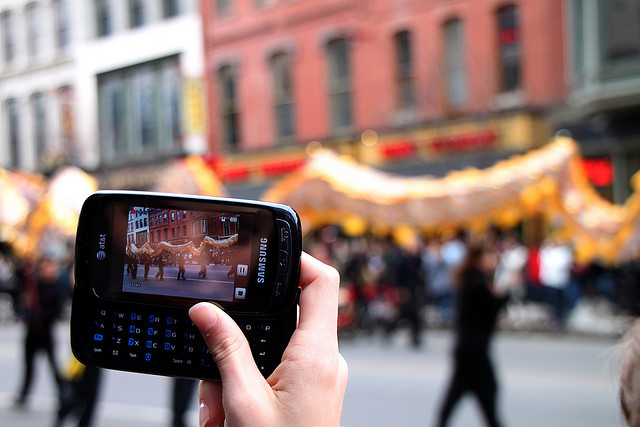Most major e-commerce websites embrace personalization – that is, making recommendations on products and services based on your known past preferences. In most situations, it’s a win-win for both the consumer and website. But according to a new study from Northeastern University (PDF), personalization could be costing you a lot of money, especially when it comes to travel websites.
In the study, 300 recruited real-world online shoppers visited 16 different websites – 10 of which were general retailers, and six of which were hotel booking sites. Researchers compared the prices each person was quoted and studied how these prices varied based on operating system, browser, past purchases and clicks. Seven of the 16 sites exhibited some degree of personalization where different people wound up being served different search results or different prices.
Fortunately, there’s no need to wonder which site offers which discounts to whom – the research spells out all that information for us. Here are the seven sites that personalize search results, and the information you need to know to get the best prices on each. Spoiler alert: Apple iPhone owners often see lower prices.
Home Depot
Of the ten different general retailers studied by Northeastern – Best Buy, CDW, Home Depot, JCPenney, Macy’s, Newegg, Office Depot, Sears, Staples and Walmart – only Home Depot practiced price discrimination at any significant rate. Specifically, the researchers found that Home Depot charges Android users higher prices on approximately 6% of the items in its catalog. Thankfully, the average price differential is small – just $0.41 on average. But on an item-by-item basis, you can occasionally see browser-specific price swings of $100 or more.
Cheaptickets and Orbitz
To get the best deals on both Cheaptickets orOrbitz, you’ll want to be a registered account holder. Researchers found that when users logged in they saw better “members only” prices on 5% of hotel listings, saving an average of $12. There’s no cost to sign up for an account, so be sure to do so before you go shopping, not after!
Hotels.com and Expedia
The study found that neither Hotels.com nor Expedia practices price discrimination – all users get the same price, regardless of operating system or browsing history. But these two sites do serve different search results to different users. Each visitor is placed into one of three random groups based on cookies, each of which is shown significantly different search results for the same queries. You can attempt to change your random group by clearing your cookies and visiting the site again.
Priceline
Priceline, like Hotels.com and Expedia, doesn’t practice price discrimination. But ‘The Negotiator’ does alter your search results based on your history of past clicks and purchases. If you prefer booking cheaper hotel rooms, Priceline will favor cheaper rooms in your search results. If you regularly book 3- and 4-star accommodations, Priceline will default to showing you its more expensive options. Thankfully, hotel results are easily sorted by price on the site, even if it doesn’t happen automatically.
Travelocity
If you’re going to book a hotel room on Travelocity, you’ll definitely want to do it on an iPhone or iPad. The researchers found that as many as 5% of the site’s rooms carry a special unadvertised iOS “Apple discount” averaging $15 per night. Watch out if you’re visiting on Chrome or IE 8, though: One room showed up $50 more expensive on those browsers than on others.
This article was written by Fox Van Allen and originally appeared on Techlicious.
Image credit: CC by Mr.TinDC




